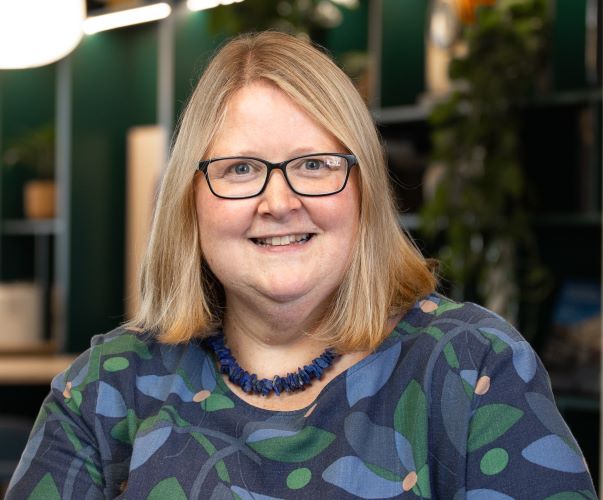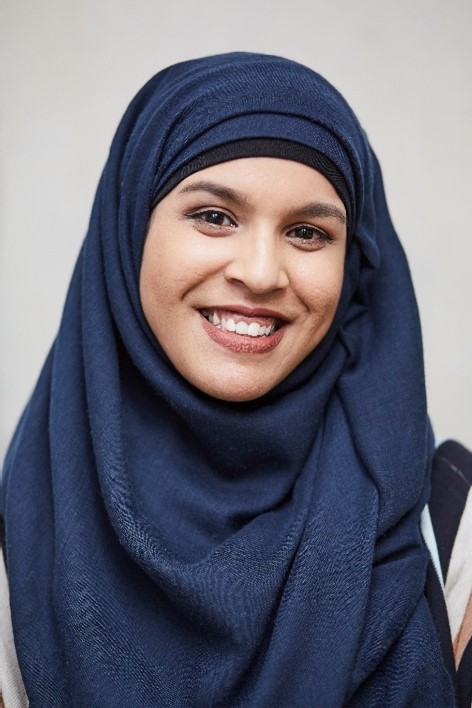SHIFT, which is now into its 19th year, is our annual conference of learning and teaching in Higher Education. The name SHIFT reflects the ever changing landscape in Higher Education. Each year, our conference focuses on a new and current theme relevant to learning and teaching in the higher education sector. Providing a platform to a multitude of speakers in the UK and internationally, it facilitates opportunities for research and knowledge exchange and sharing innovative practice.
Key dates
| Proposal submission opens | 11 August 2025 | |
| Delegate registration opens | 11 August 2025 | |
| Proposal submission closes | 13 October 2025 | |
| Proposals receive feedback | 7 November 2025 | |
| Programme announced | 1 December 2025 | |
| Delegate registration closes | 2 January 2026 | |
| Conference | 6 January 2026 - In-Person, Greenwich Campus (For University of Greenwich Staff and Students only) 7 January 2026 - Online (Open to everyone) | |
Conference theme
Students at the heart of learning and teaching
Our conference celebrates the role of students as active partners in shaping the future of higher education. By championing co-creation, collaboration, and inclusive practice, we explore how institutions can foster belonging and empower student agency. Through sector-leading approaches that connect learning to real-world relevance, embrace diversity, and create flexible, student-centred environments, we aim to reimagine education as a dynamic, participatory space. With technology as a catalyst, our conference highlights how student voices can drive meaningful change across the sector.
For SHIFT 2026, we will be looking at these core areas:
- Embracing diversity and inclusive practice
This theme explores how inclusive teaching practices and diverse perspectives enrich learning experiences, ensuring that all students feel seen, valued, and supported - Fostering belonging and wellbeing
We examine how creating a sense of belonging and prioritising wellbeing can positively impact student engagement, resilience, and academic success. - Technology and dynamic learning environments
This theme highlights how digital tools and flexible learning spaces can enhance interactivity, accessibility, and innovation in teaching. - Co-creation and collaboration
We focus on the power of partnerships between students, staff, and third party sectors - showcasing how collaborative approaches can shape meaningful and responsive learning experiences. - Real-world problems
This theme invites discussion on how authentic, challenge-based learning connects academic study to societal and professional contexts, preparing students for life beyond university.
Keynote sessions
Curriculum co-creation: engaging students meaningfully in learning, teaching and assessment
Across the higher education sector, there is increasing recognition of the importance of involving students in curriculum design (see for example Greenwich Curriculum Framework). There are many different examples of how students and staff are co-creating curriculum, and in this talk, Prof. Catherine Bovill will present a range of these examples and the benefits that result from co-creation. Catherine will also explore how we define curriculum and the influence this has on what we are inviting students to co-create. She will question how much agency students really have in the curriculum, as well as looking at the key role of teachers in enacting curriculum through the relationships they build with students in the classroom.

Prof. Catherine Bovill, University of Edinburgh
Catherine Bovill is Professor of Student Engagement in Higher Education at the Institute for Academic Development, University of Edinburgh. With a background in health promotion and a PhD in international development, she has been an academic developer for 20 years supporting the enhancement of teaching in universities. Cathy is a National Teaching Fellow, Fulbright Scholar (2019-20), Visiting Professor at the University of Bergen in Norway, Principal Fellow of the Higher Education Academy and Fellow of the Staff and Educational Development Association. She is considered a world leader in co-created curriculum, student-staff partnership in learning and teaching, and student engagement and has published over 60 articles and books and given over 100 keynote presentations and masterclasses in 15 countries
Truly at the heart of learning and teaching? Reclaiming space for racially and religiously minoritised students
Despite decades of progress, awarding gaps remain a persistent and troubling feature of UK higher education, reflecting deep-rooted systemic inequalities across the sector. While innovation and meaningful practice have emerged, certain student groups continue to be overlooked in both research and intervention. This keynote shines a light on the often-invisible awarding gaps affecting Bangladeshi, Pakistani, and Muslim students – groups whose experiences are frequently underrepresented in institutional narratives. By adopting critical reflexivity, social justice and partnership-led approaches, we can begin to confront these neglected disparities and move toward genuine equity where a diversity of our students are brought into the heart of learning and teaching.

Dr Maisha Islam, University of Southampton
Dr Maisha Islam is the Research Culture Lead for Equality, Diversity and Inclusion at the University of Southampton’s Doctoral College. Her research areas of interest and expertise centre student engagement, and racial and religious equity in higher education. She is a co-editor of the recently published book ‘Uncovering Islamophobia in Higher Education: Supporting the success of Muslim students and staff’, and co-Chair of a Research England/Office for Students Steering Group seeking to improve access and participation of racially minoritised students in postgraduate research.
Proposal formats
We welcome submissions that align with the Conference sub-themes in the following formats:
Presentation
20 minutes with 5 minutes for questions
A traditional conference presentation for sharing ideas with the audience. This can be about a research project (whether complete or in progress) or a case study of a teaching practice you wish to share. We encourage staff presenting about their practice to consider co-presenting with students or with colleagues from other disciplines. Presentations should make clear to attendees how particular principles and methods can be applied in teaching practice.
Workshop
50 minutes with 10 minutes for questions
Interactive sessions based on engaging the audience with a key idea, practice, tool or research outcome. Workshop facilitators may utilise their own practice, research or scholarship as a basis for the workshop. Your proposal must outline how you intend to encourage interactive participation in your session (e.g., through specific activities).
Showcase or panel discussion
50 minutes with 10 minutes for questions
Discussion sessions featuring a group of colleagues (around 2-5) from the same or different programme or school. These informal sessions will share a variety of practices (e.g., technology use, exemplary practice, etc.) with an emphasis on how they connect. We encourage staff presenting about their practice to consider co-presenting with students.
Lightning talk
7 minutes and 3 minutes for questions
A short presentation on a topic of your choice. This can be about some research (particularly in progress), new ideas or sharing expertise in a quick, insightful and easily digestible format.
Submit a proposal
Proposal Submissions Now Closed
Thank you to everyone who submitted a proposal for this year’s conference. The submission window is now closed, and we are no longer accepting new proposals.
We appreciate the interest and enthusiasm from all contributors.
We are looking for proposals that focus on one or more of the core areas detailed in our conference theme using one of the listed proposal format types. In particular, we are looking for proposals that involve students
We welcome proposals from all staff and students. Co-presenting with staff and students is encouraged, as well as cross-disciplines.
Reviewing Process
Proposals are assessed according to the following criteria:
- Contribution to the conference theme and sub themes
- Clarity and coherence of the proposal, including the problem or question addressed, findings or solutions offered, and practical take away learnings
- Theory and/or evidence suggesting the effectiveness of highlighted practices, solutions or findings or quality of reflections on lessons learned
- Likely value to a range of participants across contexts, fields, disciplines.
All submissions are blind peer-reviewed. Authors will be notified about the result of their submission via the e-mail provided in the submission form.
Registration
Our conference is free and welcomes all staff, students, and externals to join.
Our first day, 6 January, will be held in person on Greenwich Campus. This is for University of Greenwich staff and students only. Free refreshments will be provided.
Our second day, 7 January, will be held online via Microsoft Teams and welcomes all to take part and attend.
Contact us
For any enquiries about SHIFT, please contact our team by clicking on the button below.
Privacy notice
When registering to attend or submitting a proposal to present at our conference, we process information about who you are and your contact details; information that you provide on adjustments that may need to be made to enable you to attend and your dietary requirements. This information will be used by relevant University of Greenwich employees to manage your attendance and participation at SHIFT 2026 and enable you to provide your feedback afterwards. The data that you provide will be held for a period of 5 years and will not be shared with third parties. General information about the university's approach to data protection and to your rights can be found here.